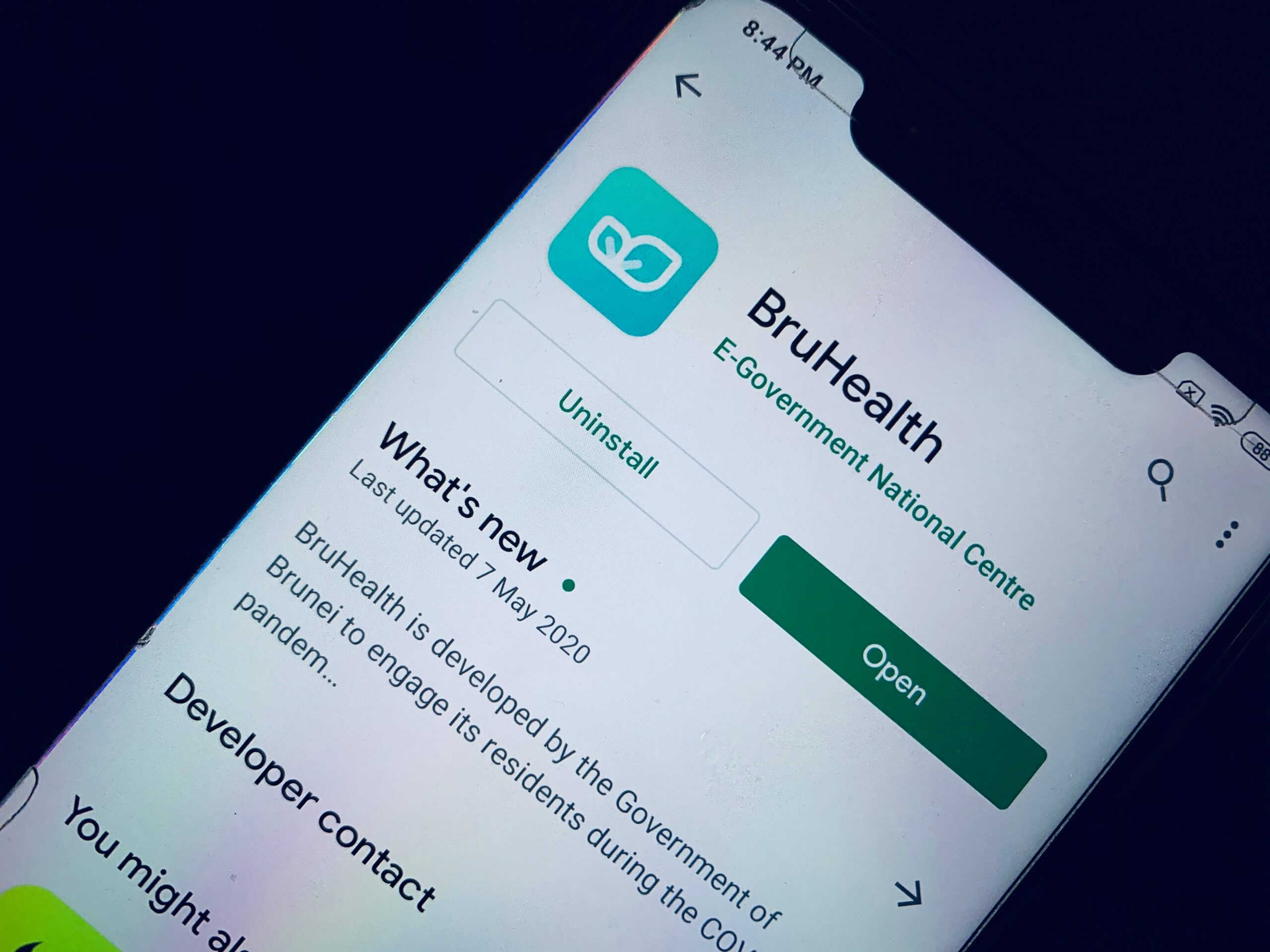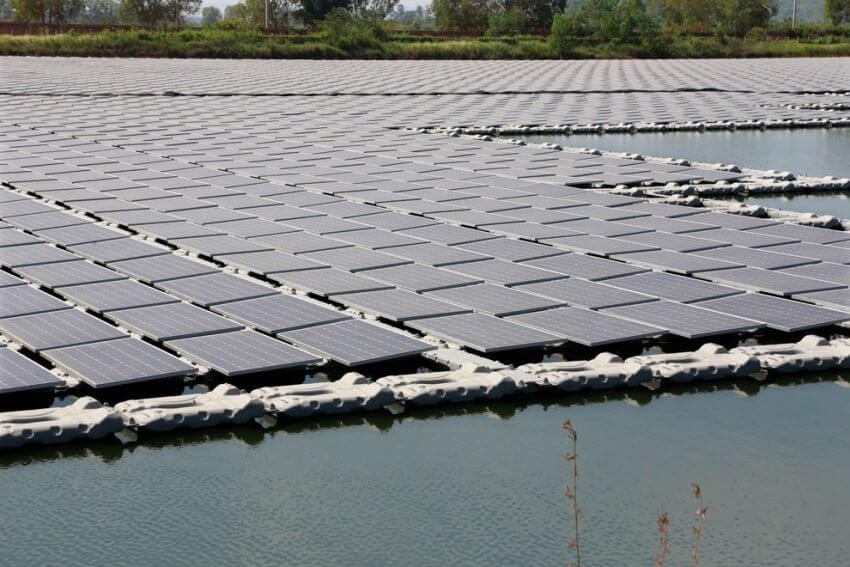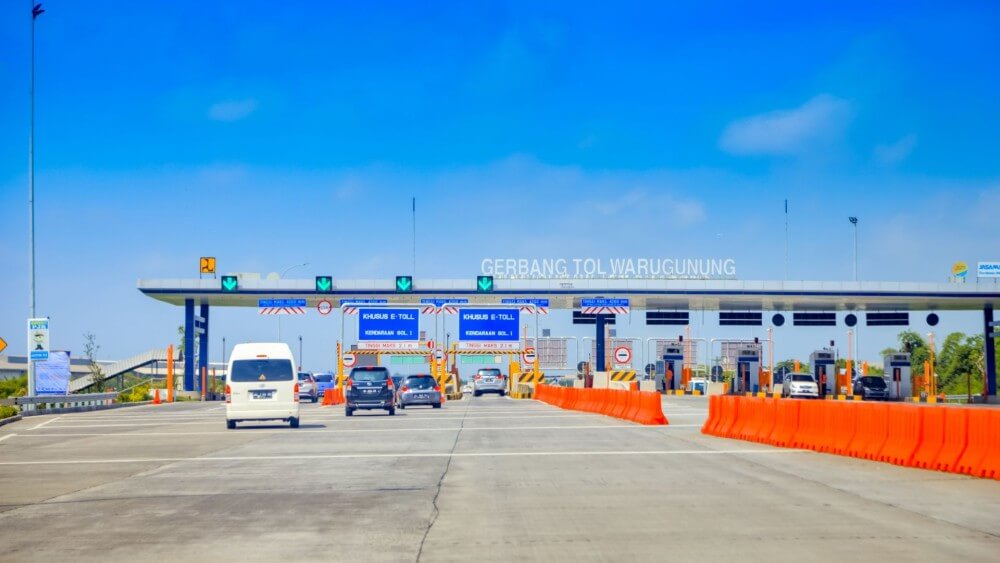Financing instrument and amount
The Brunei Darussalam (often also referred to as Brunei) government allotted B$18 million (USD 13.4 million)* for the development of BruHealth phase II and III in its budget for FY23/24.
Background
National mobile health applications provide opportunities for remote monitoring, teleconsultation, virtual care, information exchange, and remote data capturing to improve the quality of healthcare services. In particular, they enable the consolidation of individual health data which can support the delivery of healthcare services as well as healthcare-related policymaking.
In Brunei, BruHealth – initially introduced as a contact tracing tool for the national COVID-19 response – was broadened to integrate various health care functions including both clinical and population health management features onto a single platform, funded by the national government’s fiscal budget.
Approach
BruHealth was launched in May 2020 as a virtual platform to control the spread of COVID-19 in Brunei by focusing on contact tracing and was subsequently expanded to reflect COVID-19 infection and vaccination status, issue Digital Quarantine Orders, and automate triage for COVID-19 patients on home recovery. The functions of BruHealth were later expanded for non-COVID-19 related matters, such as booking of online healthcare appointments, checking of prescription records as well as viewing of medical test results.
Riding on its successful and widespread usage, the Brunei Ministry of Health continued to expand and improve on the features of the BruHealth system, and B$18 million (USD 13.4 million)* was allotted for the development of BruHealth phase II and III in Brunei’s fiscal budget for FY23/24. Further features that were unveiled included a queue management system for appointments at government clinics, video consultation functions, self-check-in functions, and a patient health record features that allows users to review their health history records, like laboratory results, medical visit records, medication records and immunisation record. In 2023, the app also unveiled a new feature called “BN on the Move 2023” aimed at fostering physical activity among the population.
Results
BruHealth is widely used by the resident population in Brunei, as of May 2022, 63% of the resident population in Brunei logged into their BruHealth platform weekly, with a majority logging in to access laboratory test results.
It provides an integrated platform for access to health-related information for individual users and avoids fragmentation of the digital health infrastructure in Brunei. BruHealth is integrated with the existing centralised national e-health records system, the Brunei Health Information Management System database (BruHIMS) that covers more than 95% of Brunei’s resident population. User details are also sourced from other national databases including immigration data which provides up to date contact and address details of users, data from the Labour department which syncs information on the workplace, and data from the Department of Schools which syncs information from those registered in educational institutions.
Key Learnings
Strong public communications campaign with national government support.
BruHealth was supported by a strong public communications campaign led by the central government with active and frequent communication via press releases and press conferences by the Minister of Health and the Prime Minister’s Office. The Ministry of Health was transparent with regards to app glitches or issues and provided a platform for the public to enquire or raise complaints on any BruHealth-related problems via a national telephone hotline which is available 24 hours a day.
Development of an enabling environment.
The urgent need to establish a stronger public health surveillance system to address the COVID-19 threat helped push for the development of BruHealth and the use of BruHealth was supported by laws requiring proof of vaccination status for entry to certain public premises which fostered reliance on the app. In part as a response to BruHealth and the vast amounts of personal data integrated through the app, the Authority for Info-Communications Technology Industry of Brunei Darussalam (AITI) is currently developing a new Personal Data Protection Law to govern the collection, use and disclosure of personal data by private organisations.
Phased approach to introduction of new features.
BruHealth was initially launched as a virtual platform to control the spread of COVID-19 in Brunei by focusing on contact tracing. Additional features such as Bluetooth contact tracing, issuing Digital Quarantine Orders, and automated triage for COVID-19 patients on home recovery were introduced as new needs arise, and the app was gradually pivoted and expanded to take on non-COVID-19 features, allowing users time to grow familiar with using the app and allowing glitches to be addressed in a phased manner.
Sources
- AITI. Personal Data Protection. Available at: https://www.aiti.gov.bn/regulatory/pdp/
- Journal of Global Health (2022). Development and implementation of a national mobile health application: A case study from Brunei. Available at: https://jogh.org/2022/jogh-12-03083
- HealthcareAsia. (2024). Brunei unveils enhanced BruHealth App. Available at: https://healthcareasiamagazine.com/healthcare/news/brunei-unveils-enhanced-bruhealth-app
- The Scoop (2023). Gov’t tables $5.96 billion budget remains cautious on economic outlook. Available at: https://thescoop.co/2023/03/07/govt-tables-5-96-billion-budget-remains-cautious-on-economic-outlook/
- *Note that the USD values are calculated based on the average 12-month exchange rate in 2023. Retrieved form the site: https://www.exchangerates.org.uk/BND-USD-spot-exchange-rates-history-2023.html




